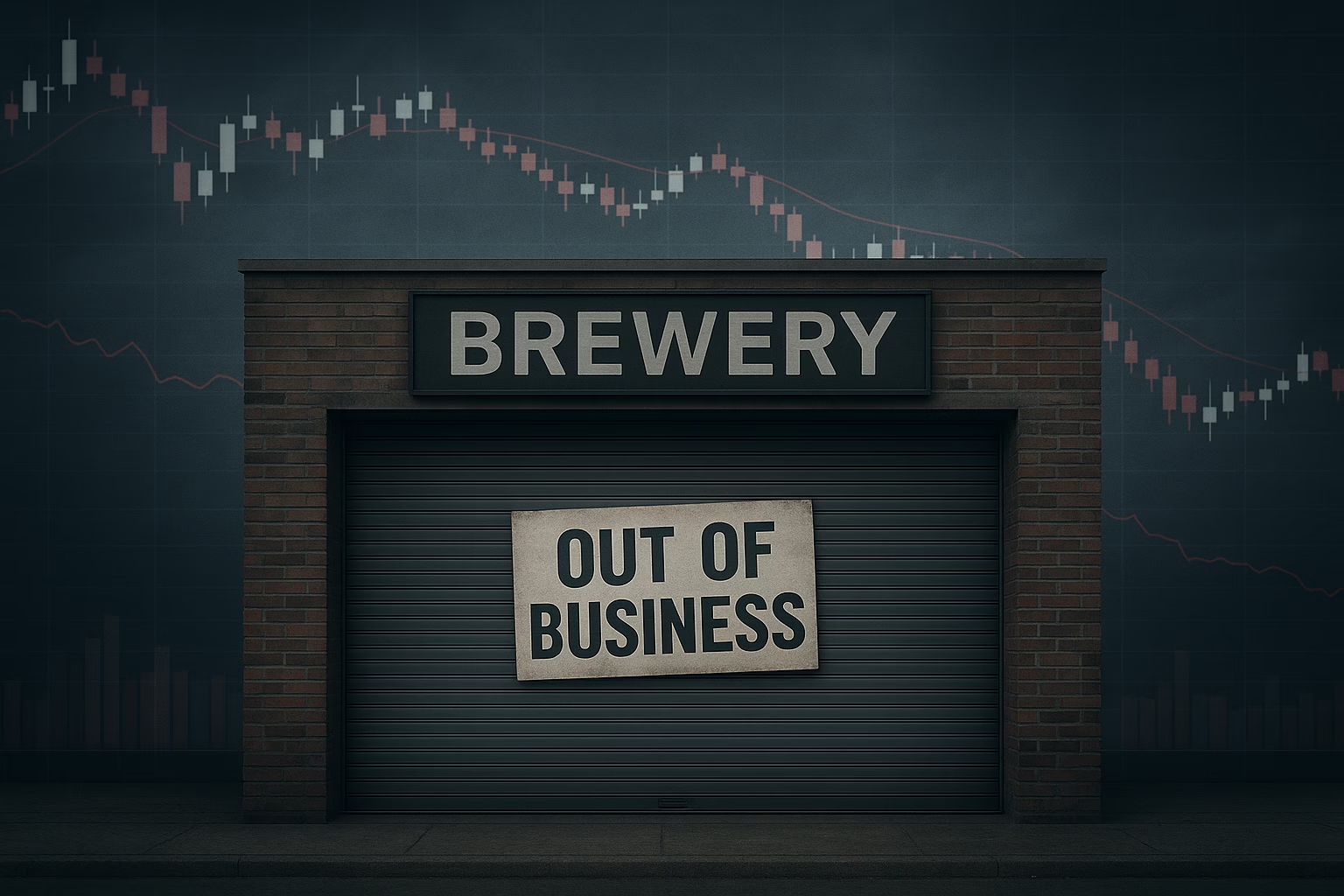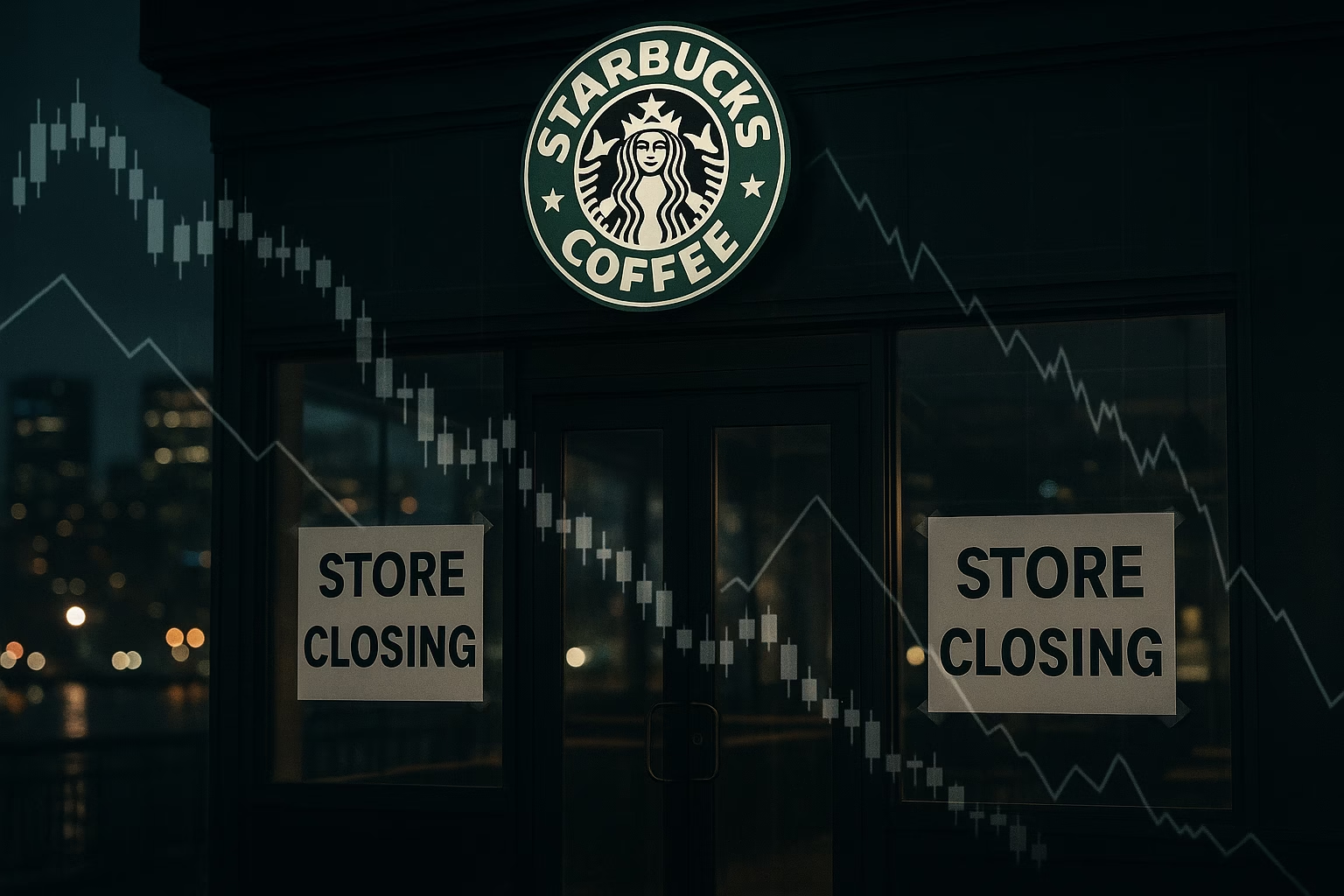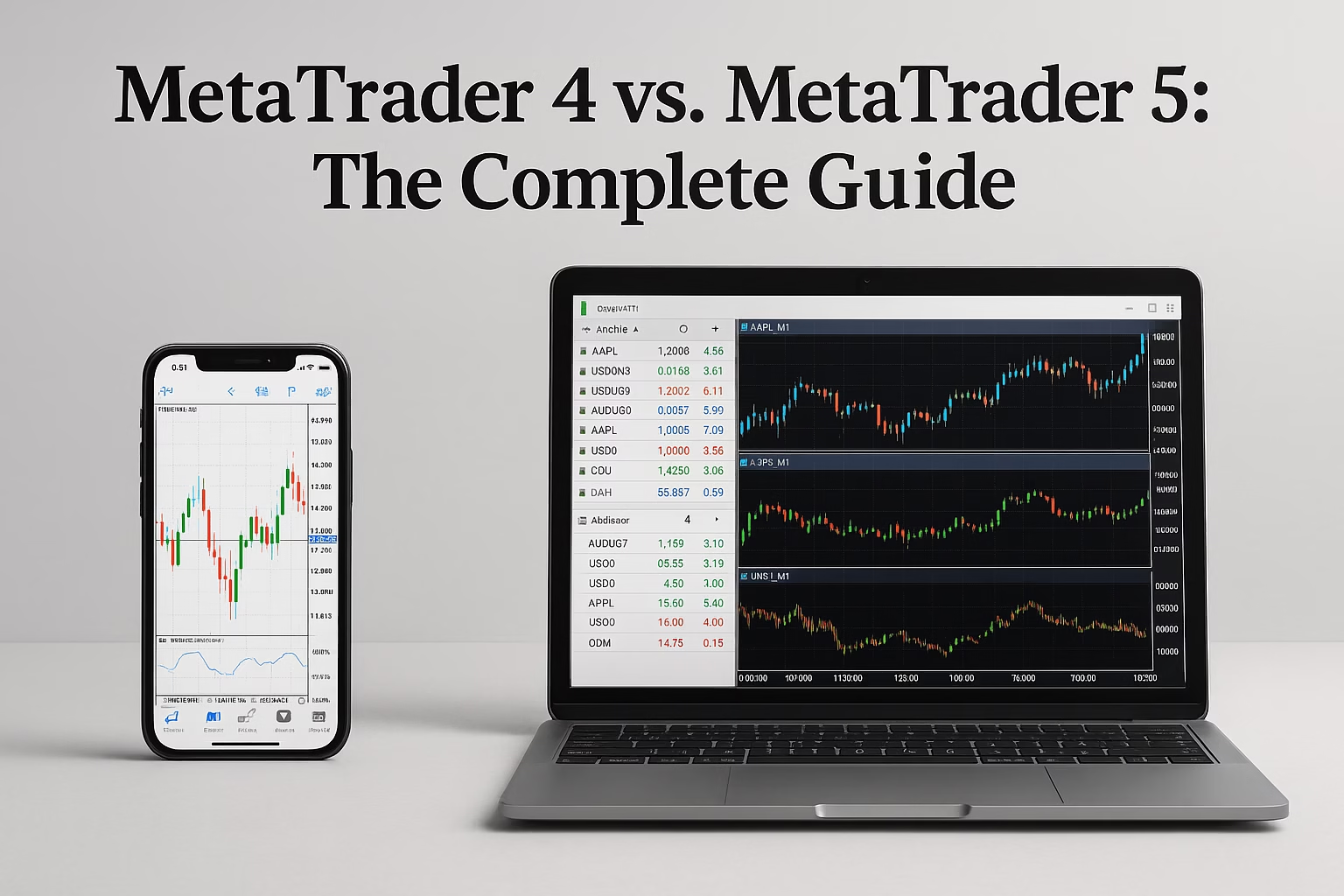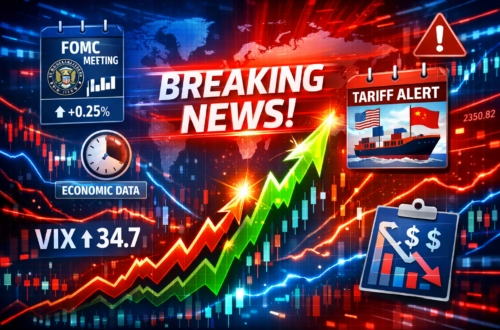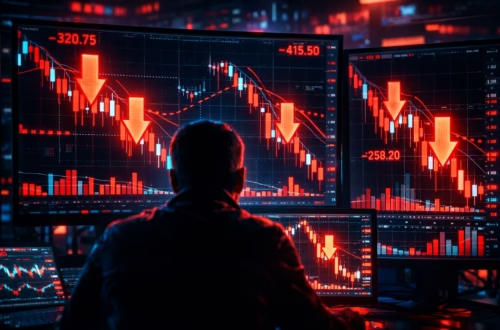Iron Hill Brewery Sudden Shutdown
In a shocking turn, Iron Hill Brewery & Restaurant abruptly closed all its locations and filed for bankruptcy. The news sent ripples through local communities where Iron Hill once stood as a community hub.
What went wrong? While many factors are at play—rising costs, changing consumer habits, overexpansion—the collapse offers a powerful metaphor for market risk and serves as a cautionary tale for anyone trading volatile assets.
In this post, we’ll explore Iron Hill’s collapse, draw parallels to trading risks, and show how disciplined strategies and automation (like PickMyTrade) help manage vulnerability in markets.
What Happened: Iron Hill Brewery Collapse
- Iron Hill announced it would close all 16 of its remaining locations immediately, citing “ongoing financial challenges.”
- Earlier in September, three locations in Chestnut Hill, Newark, and Voorhees were shuttered, signaling deeper issues.
- In communications to staff, management said that warning them earlier would risk undermining efforts to secure funds.
- The chain’s original Newark, Delaware brewpub had operated since 1996.
- The announcement also halted development of a planned new campus location.
This sudden collapse shows how even established businesses with local brand loyalty can crumble under pressures—serving as a stark reminder: no position is immune to risk.
Parallels Between Business Risk and Market Risk
Overextension and Leverage
Iron Hill’s expansion into multiple states, new location planning, and capital-intensive operations exposed it to high fixed costs. In trading, overleverage or scaling too fast can lead to collapsing equity if markets go against you.
Hidden Weaknesses & Delayed Warning Signs
Just as Iron Hill’s leadership withheld warning to preserve funding chances, in markets there may be lagging indicators—companies that look strong but are bleeding behind the scenes. Traders must learn to look for early signs (declining margins, volume shifts, weakening trend strength).
Sudden Catalysts and “Black Swan” Events
A sudden macro shift, cost surge, or regulatory change can collapse a business. In trading, surprise news, policy moves, or economic shocks can wipe out positions instantly. That’s why risk control and preparation are essential.
Loss of Confidence & Liquidity Crunch
Once customers lose faith or credit dries up, recovery becomes extremely hard. In markets, if traders can’t close or hedge positions (liquidity issues), losses escalate quickly.
Click Here to Automate Futures Trading on Tradovate
What Traders Can Learn: Managing Market Risk
Always Use Stop-Loss / Risk Caps
Just as businesses should cap downside before collapse, traders should always impose stop losses, daily loss ceilings, and position limits to stop one bad trade from wiping them out.
Diversification & Hedging
Iron Hill’s business was too dependent on one model. In trading, spreading risk across instruments or hedging (options, inverse ETFs) helps absorb shocks.
Monitor Subtle Signals
Watch for hints of stress—rising costs, shrinking margins, volume weakening, news leaks. In trading, keep an eye on volatility spikes, volume divergences, price divergences.
Prepare for Speed
When things break, they break fast. Even strong businesses can collapse quickly. Trading systems should be designed for rapid exit, not slow decisions.
Use Automation to Enforce Discipline
Emotions in crisis lead to poor decisions. Automation (like PickMyTrade) ensures rule-based execution, stopping second-guessing when volatility ramps.
How PickMyTrade Can Be a Safety Net in Volatile Markets
In volatile conditions or surprise events, PickMyTrade helps traders by:
- Automating execution: If your strategy hits triggers, trades are placed instantly.
- Built-in risk enforcement: Stop-loss, trailing stops, max daily loss limits are coded in.
- Backtesting extremes: Test how your strategy would behave in crash scenarios.
- No emotional override: When markets panic, your system sticks to rules—like a business that doesn’t panic its way into a crash.
In short, PickMyTrade helps you prepare for events that mimic sudden business failure like Iron Hill’s collapse.
Final Thoughts
Iron Hill Brewery’s abrupt closure is tragic for employees, customers, and communities. But for traders, it’s a real-world illustration of how risk, leverage, hubris, and sudden shocks can topple even seemingly stable names.
In the markets, you don’t always get a warning. The only protection is discipline, preparation, diversification, and automation.
Also Checkout: Automate TradingView Indicators with Tradovate Using PickMyTrade
